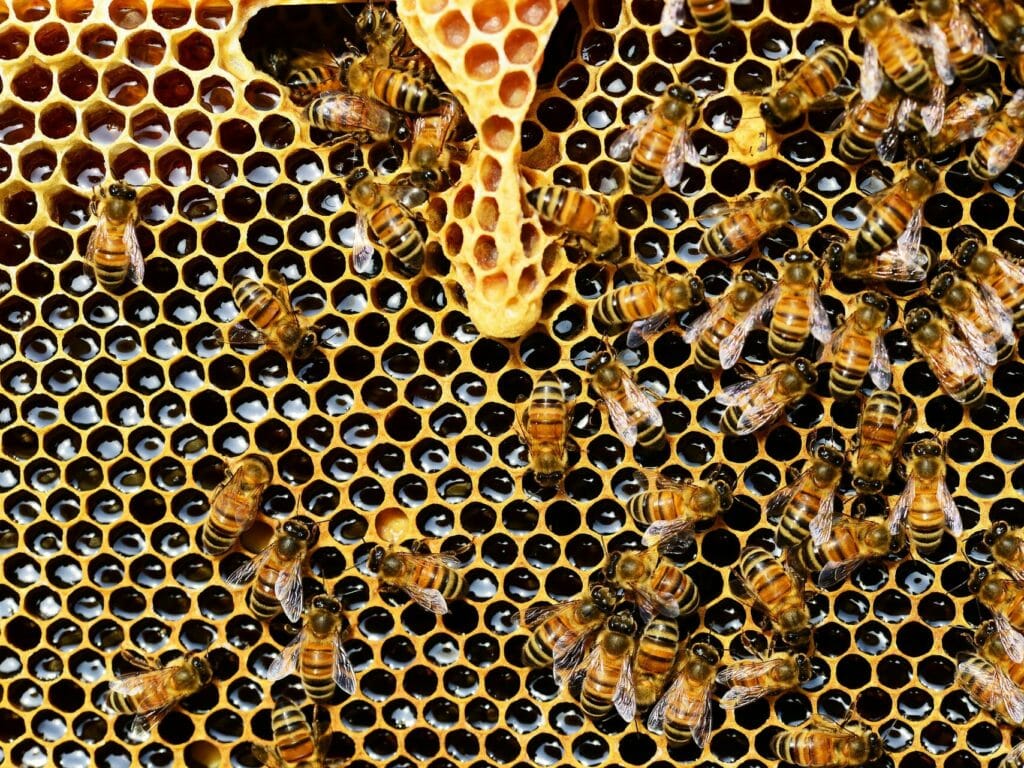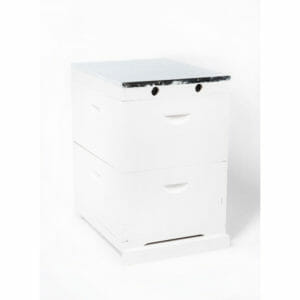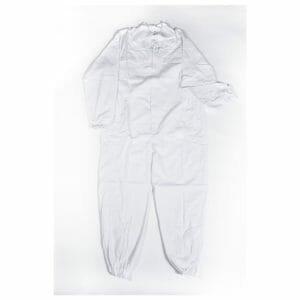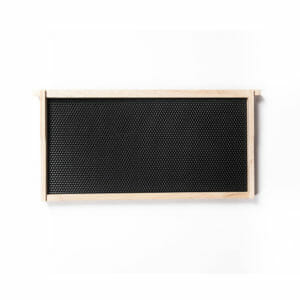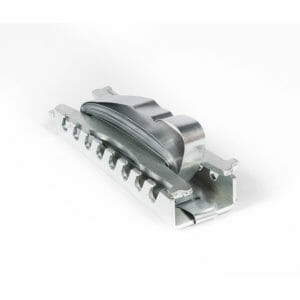The ABC reports that the ACCC found honey testing methods not reliable enough to prove adulteration.
It’s been a couple of months since “honeygate” hit the media. Honey testing from two studies claimed that up to 50% of imported honeys were adulterated. But the “big shock” came with many Australian-sourced honeys testing positive for adulteration. This prompted the ACCC to launch an investigation.
Fortunately, no Western Australian sourced “pure honey” samples tested positive. Still, Western Australian processor Capilano found their Allowrie brand at the center of the controversy. Allowrie products are often blended with imported honey.
However, there has been some good news. The ACCC’s investigation found Capilano took steps to provide assurance about imported honey quality. It didn’t find evidence that Capilano’s Allowrie honey is adulterated with sugar syrup.
As a result, the ACCC has raised the issue of honey testing reliability. They found there was low confidence in the C4 testing used in Australia. But there was not enough data on Australian honey to use NMR honey testing with confidence either.
“The consensus of those experts was that NMR was not developed to the stage where it’s considered a reliable test,” said ACCC deputy chairman Mick Keogh.
In response, Capilano voiced their commitment to work with industry to improve honey testing reliability and restore consumer confidence. You can keep up to date via their newsfeed.
